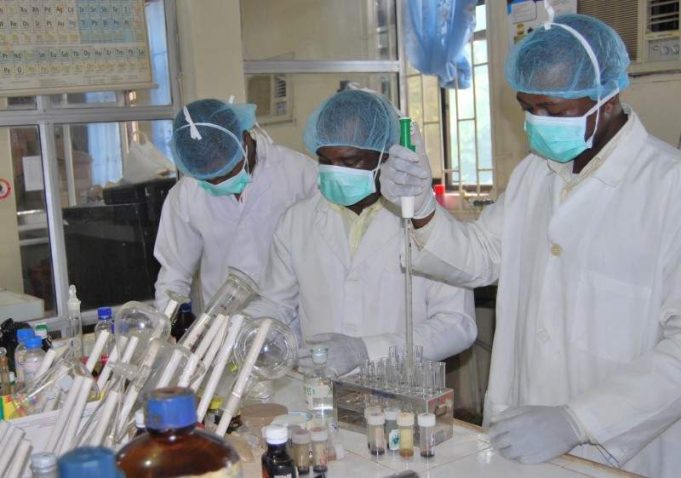Kharagpur: Indian continues to achieve new heights as far as advancements in COVID-19 testing is concerned. And now, IIT Kharagpur (Indian Institute of Technology Kharagpur) has managed to come up with a low-cost testing device in order to test the novel Coronavirus in a given sample. The result will not only be available in an hour but will also be available for viewing on a smartphone.
This disruptive approach provided to the COVID-19 testing device was launched online at 11:30 am as has been mentioned in a statement from the institute. Costing Rs 400 each, this approach will negate any requirement for manual interpretation.
With an aim to avoid laboratory visits or the use of RT-PCR machines, this sure is among the first ever portable device to allow COVID-19 testing and has a minimum requirement – paper cartridge and ultra-low-cost portable enclosure.
As mentioned, it does not require skilled personnel for testing and hence one has to have minimal training. Also, the results are accurate and sensitive, enough to match machine standards. It needs the extraction of RNA from the saliva sample of the person being tested. All in all, everything makes it suitable for areas which lack enough resources.
The team is lead by researchers Suman Chakraborty, professor, department of mechanical engineering, IIT Kharagpur and Dr Arindam Mondal from the School of BioScience of the institute. Suman spoke about the need to create such a device and said how the challenge they faced was to eliminate the need for specialized infrastructure while also ensuring that the accuracy is attained at a rather low cost but conduct tests at a large scale.
Saptarshi Banerjee, Sujay Kumar Biswas, and Nandita Kedia are some of the other researchers who were also a part of this team. Dr Aditya Bandyopadhyay developed the thermal unit of this device.
As of now, the institute is equipped to produce these kits at a certain scale, however, the patent licensing will then enable commercialization opportunities, thereby also reducing the costs further. The pilot equipment, however, will cost the researchers about Rs 2,000.







